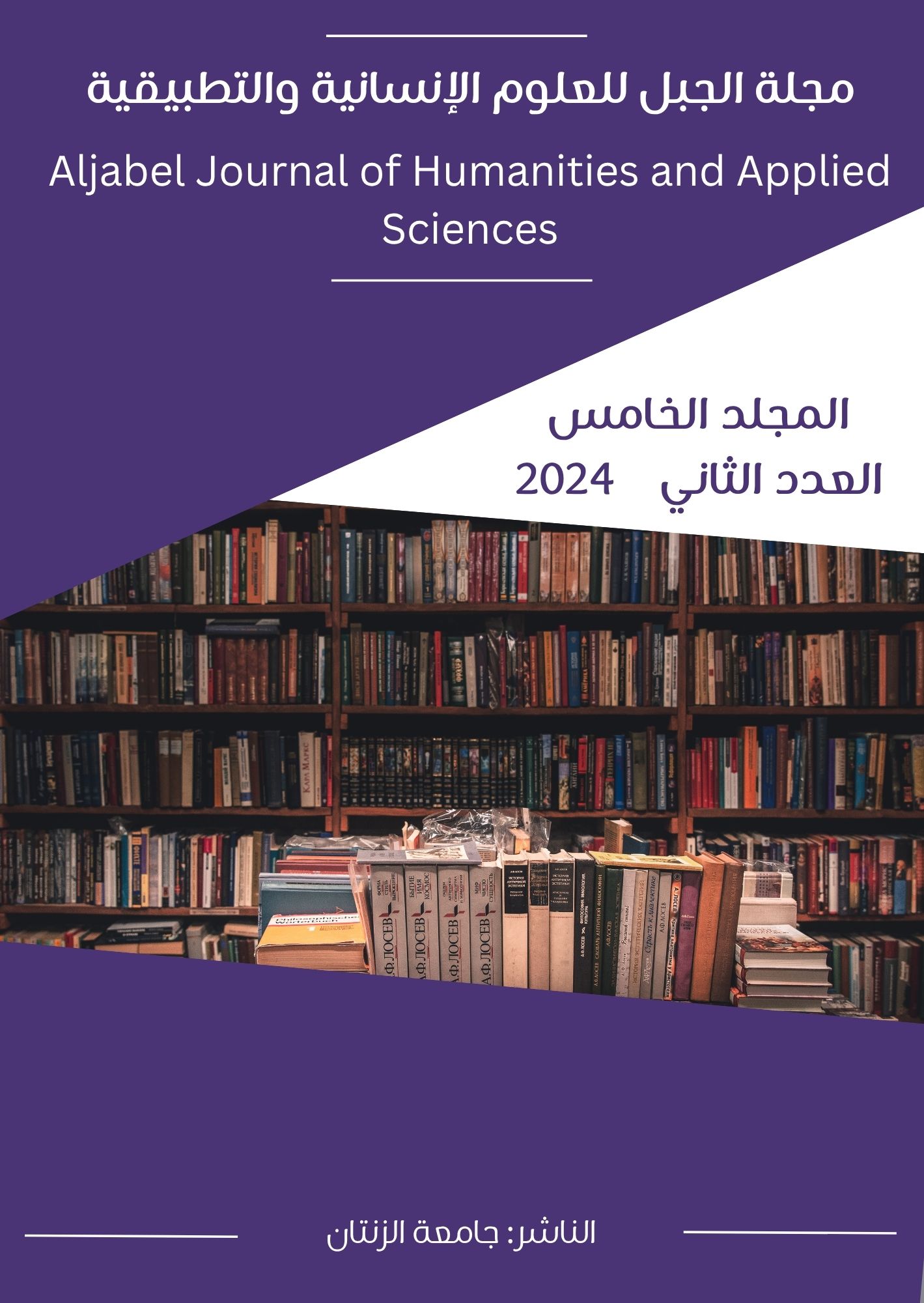توثيق الشاهد الشعري وتوظيفه لغويا عند ابن جني من خلال كتابه المحتسب في سورة الأنعام
الكلمات المفتاحية:
توثيق الشاهد، الشعري، ابن جني، سورة الأنعامالملخص
يظهر هذا البحث الشواهد الشعرية التي أثبتها عبقري اللغة العربية ابن جني _ رحمه الله (ت 392 هـ) في كتابه المحتسب في تبيين وجوه شواذ القراءات والإيضاح عنها ، الذي يعد بحق أهم مصدر في القراءات الشاذة رواية ودراية، كما يبرز توثيق هذه الشواهد بضبطها بالشكل ، ونسبتها إلى قائليها ما أمكن ذلك ،وتسمية بحورها ، وكيف وظَّفها ابن جني لغويا عبر مستويات اللغة العربية جميعها : أصواتا، وتركيبا (صرفاً ونحواً ) ونظراً لضخامة المادة الشعرية واللغوية وكثرتهما في هذا الكتاب فقد اقتصرت على تطبيق ذلك في سورة الأنعام، وسبب اختياري هذه السورة كثرة الأبيات الشعرية المستشهد بها المصنف ،وتنوع الدراسة اللغوية التي فيها ، قسمت هذا البحث في مقدمة وتمهيد وثلاثة مباحث : التمهيد و يشتمل على ترجمة ابن جني، ووصف كتابه المحتسب ، والتعريف بسورة الأنعام، والمبحث الأول ـ توثيق الشواهد الشعرية في سورة الأنعام، والمبحث الثاني -التوظيف اللغوي للشواهد الشعرية، جاء في ثلاثة مطالب: الأول ـ التوظيف الصوتي، والثاني ـ التوظيف الصرفي، والثالث ـ التوظيف النحوي، وقد اعتمدت في دراسة ذلك بعد الله ـ سبحانه وتعالى ـ على أهم المصادر اللغوية والأدبية، وقد أثمر هذا البحث مجموعة من النتائج لعل من أبرزها عدم تقيد ابن جني عند استشهاده بالشواهد الشعرية بزمن الفصاحة، وكذلك عدم اقتصاره على زمن دون آخر، واستطاع بملكته اللغوية توظيف الأبيات الشعرية لمستويات اللغة كلها.





